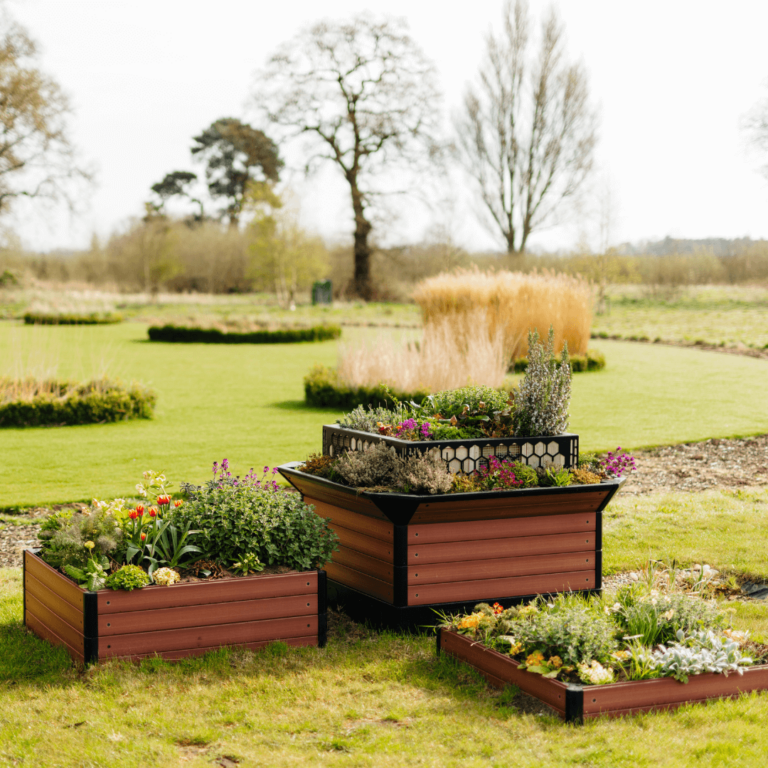
Home » Product Range » Deadwood habitat material 600L (approx)
Deadwood material is supplied in a 600 litre bag and is used to create a habitat within the protected core area of the BioCube that is in contact with the ground. This can provide nutrients and a cool, damp shelter attractive to amphibians, invertebrates, arthropods, and reptiles, as well as promoting fungi growth.
The design is a layered system of interconnected habitats which bring together a broad spectrum of species in a mutually supportive ecosystem. The combination of wet and dry habitats, with integrated nesting areas and refuges, provide homes for rare and endangered species from hoverflies to hedgehogs.
Each habitat within the BioCube has been carefully located to provide protection and insultation from external influences such as predators, extreme temperatures, and noise.
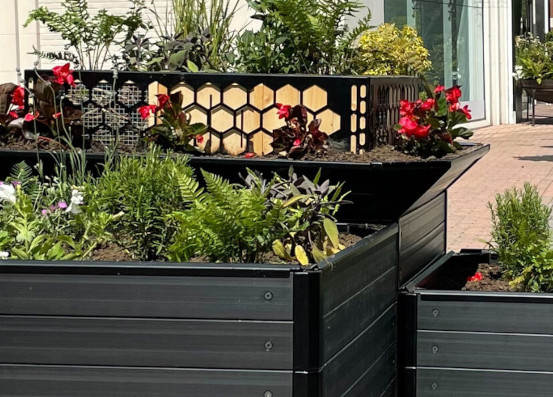
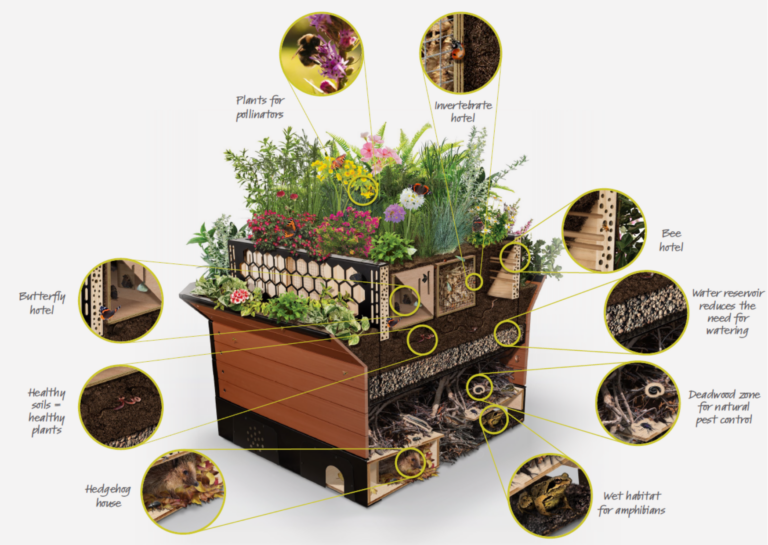
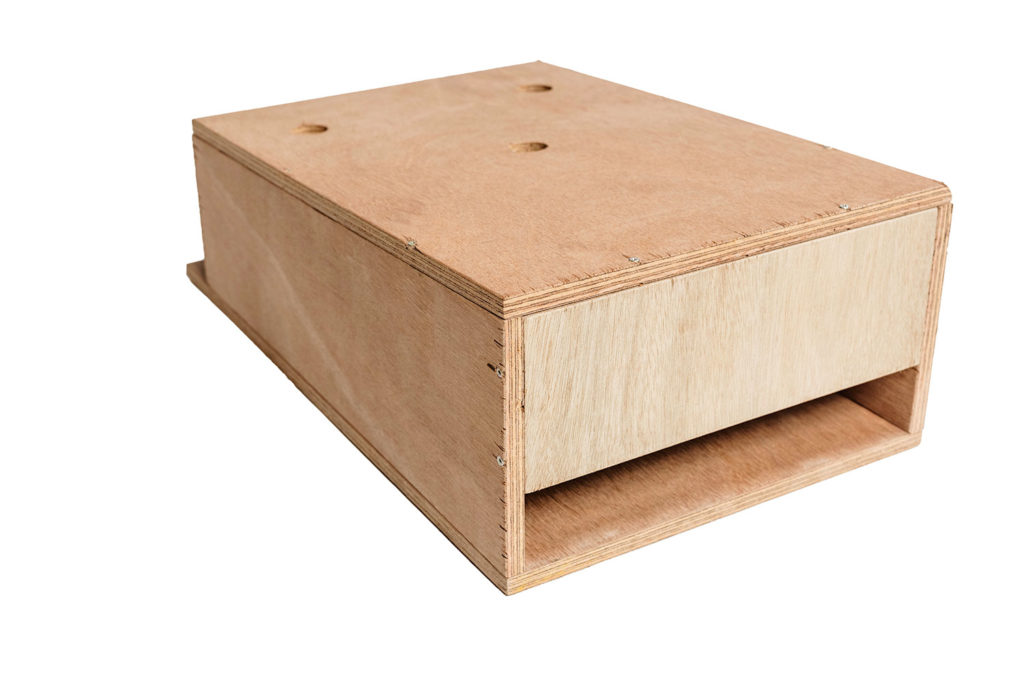
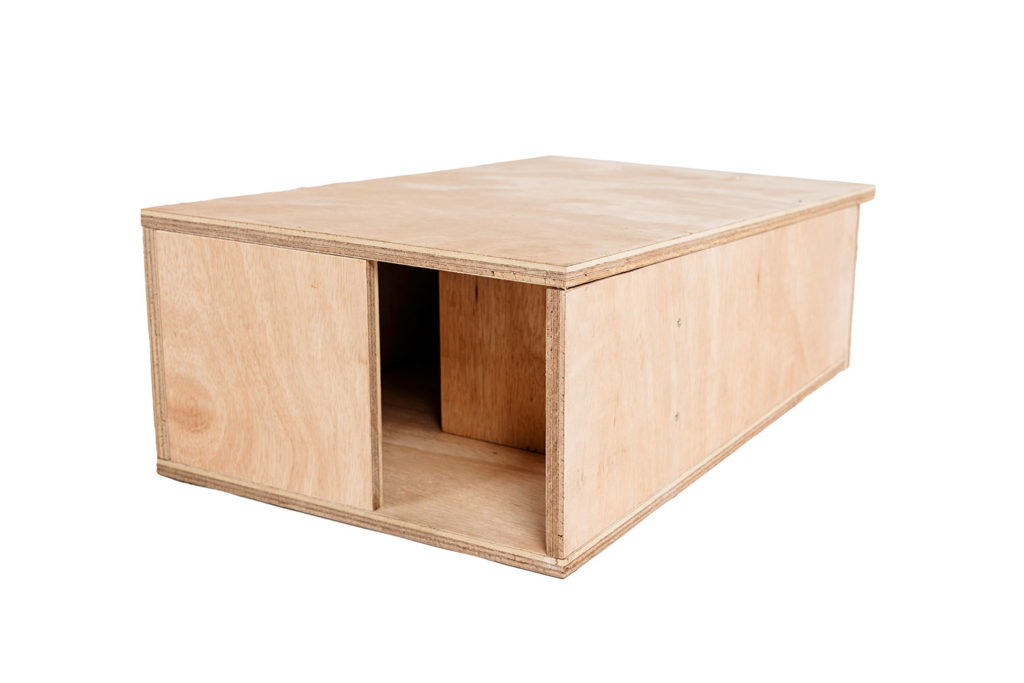
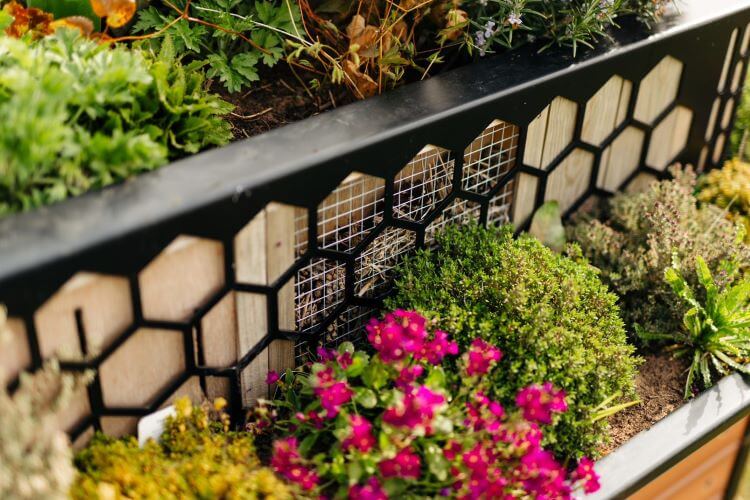
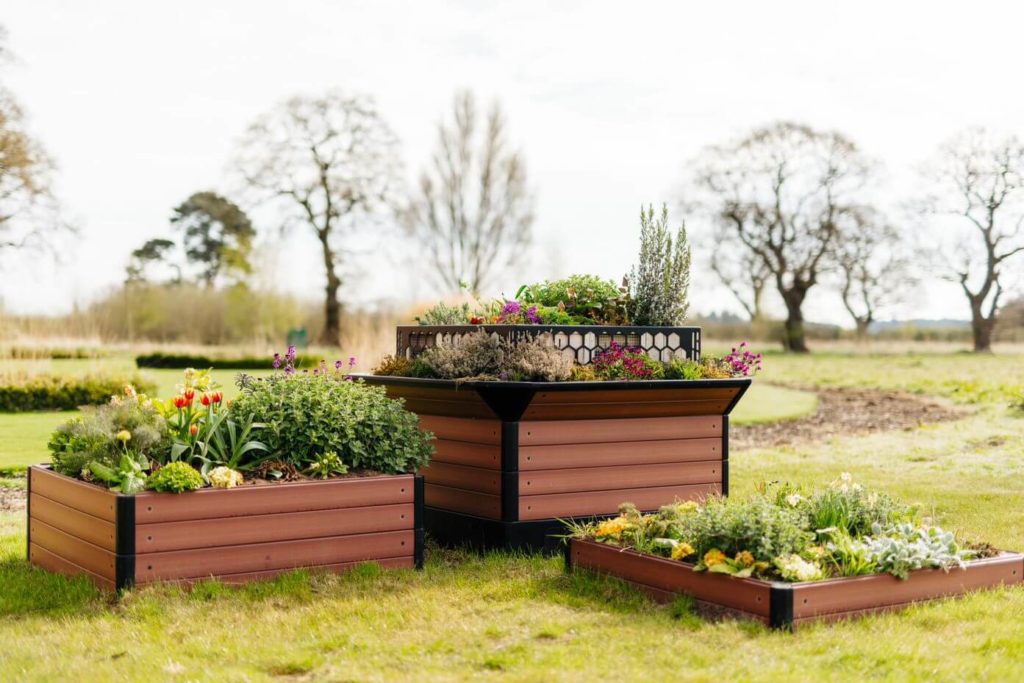
Eco-friendly manufacture
Each BioCube is made from recycled or recyclable materials.
Minimal maintenance
BioCube uses durable and robust construction materials. The unit itself requires minimal maintenance, if any at all, and is weather resistant. Any maintenance would be dependent on your planting scheme and how you choose to use the three multipurpose units.
Suitable for hard surfaces
To maximise the potential biodiversity gains of the BioCube, the units should ideally be installed in contact with a natural surface, such as grassed areas or bare soil, however the benefits are still vast when installed on hard surfaces.
Irrigation options
Irrigation and rainwater harvesting systems can be added separately to the BioCube, such as drip irrigation, to help keep plants watered and the pond area topped up.
Adaptable to suit your site and your requirements
Constructed using a modular approach, the BioCube has flexibility to meet the needs of any site. Talk to us about your site design and your objectives and we can work with you on a configuration, installation and delivery plan to suit your needs.
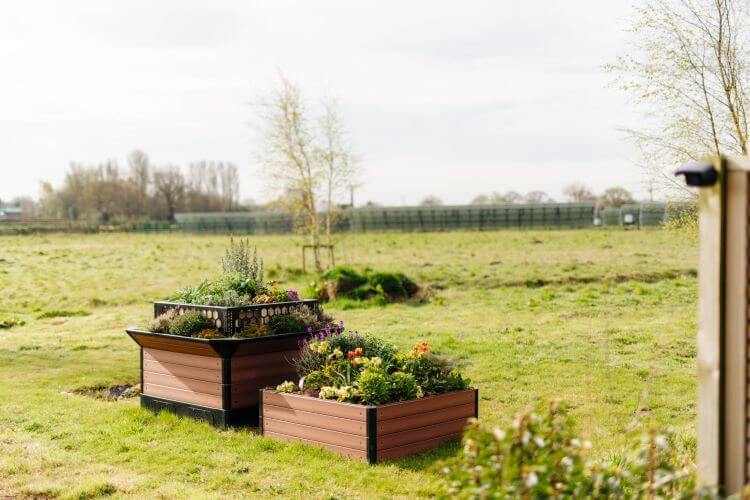
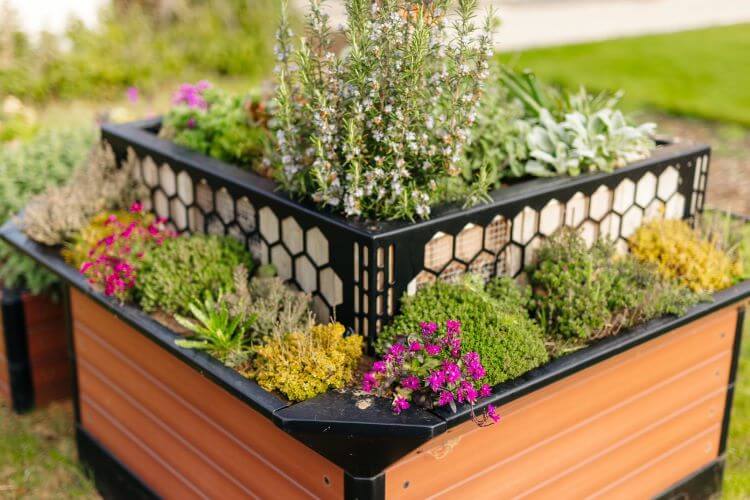
Core unit specifications:
Length (front to back): 150cm
Width (front face): 150cm
Multi purpose unit specifications:
Length (front to back): 120cm
Width (front face): 120cm
Installation instructions are included.
Patents granted: GB 2588793 & GB 2577671
BioScapes Limited
The Airfield, Seaton Ross,
York, YO42 4NF
